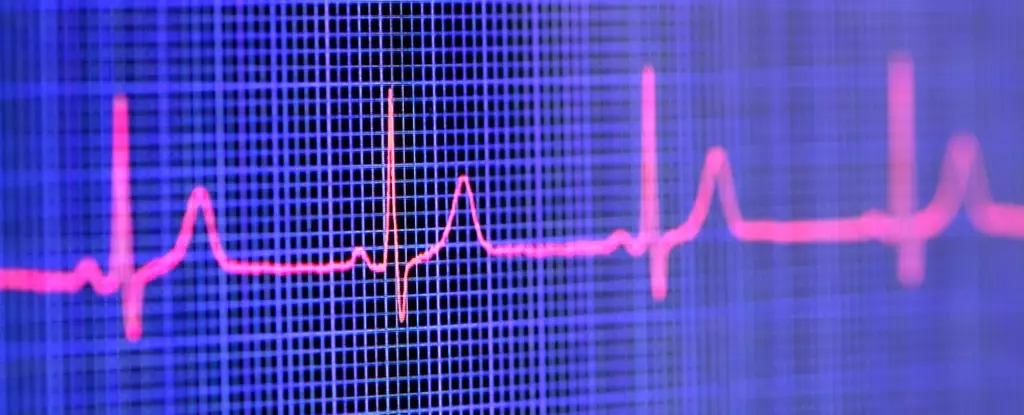New research suggests that aligning the timing of blood pressure medication with your personal chronotype, which is determined by your body’s circadian rhythm, can help protect against the risk of heart attack. This study has the potential to revolutionize the treatment of hypertension by considering individual differences in chronotypes.
Chronotypes, which are influenced by genetics and other factors, dictate the timing of our biological cycles throughout the day, affecting sleep patterns, body temperature, hormones, metabolism, and blood pressure levels. It is crucial to understand how these chronotypes can impact the effectiveness of blood pressure medication.
A team of international researchers conducted a study with over 5,300 participants who were randomly assigned to take their blood pressure medication at different times based on their chronotypes. The results showed that misaligned medication timing increased the risk of heart attack, especially for night owls who took their medication in the morning. This highlights the importance of personalized chronotherapy in hypertension treatment.
The study’s findings suggest that considering individual chronotypes when determining the dosing time of antihypertensives can significantly reduce the risk of heart attack. It is essential for physicians to acknowledge the diverse nature of patient chronotypes and tailor treatment plans accordingly.
While the current data is promising, further randomized clinical trials are needed to confirm the effectiveness of personalized chronotherapy in managing hypertension. The researchers are eager to conduct more in-depth studies to better understand the relationship between blood pressure medication timing and heart health.
The findings of this study emphasize the importance of aligning blood pressure medication timing with individual chronotypes to optimize heart health and reduce the risk of heart attack. Personalized chronotherapy has the potential to revolutionize hypertension treatment and improve patient outcomes. It is crucial for healthcare providers to consider the unique characteristics of each patient’s circadian rhythm when developing treatment plans for hypertension.


Leave a Reply